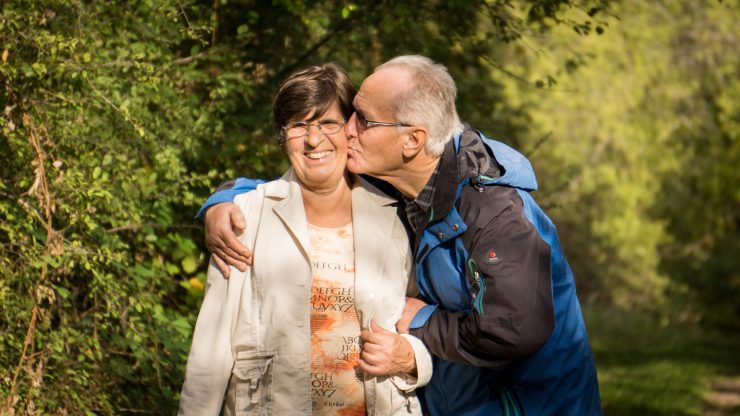As our bodies age, remaining healthy can be a constant struggle. While age brings wisdom, it also opens the door to many chronic conditions that can alter your once-active lifestyle. Some of these conditions can be treated or even avoided with the right lifestyle choices, whereas others are unfortunately considered incurable.
Read on to find out more about some of the illnesses that present later in life.
1. Beyond The Bones
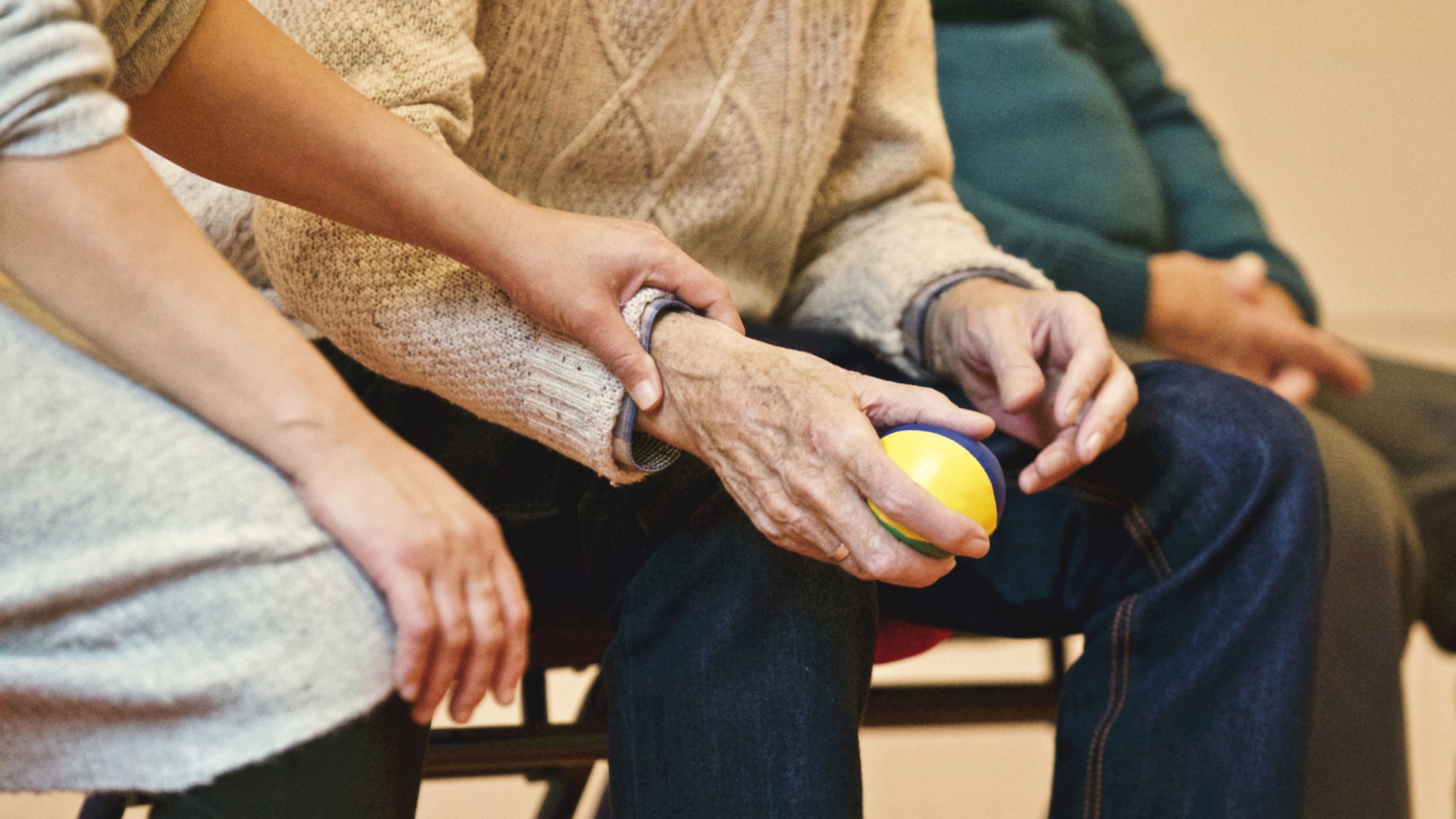
To maintain an active lifestyle, it is vital to maintain healthy bones.
Osteoporosis is a common chronic condition which can severely affect the life you lead. Stemming from an increase in your body absorbing old bone tissue faster than it can produce new, the condition can leave bones thinner and weaker than before.
2. Don’t Lose Sight Of Life
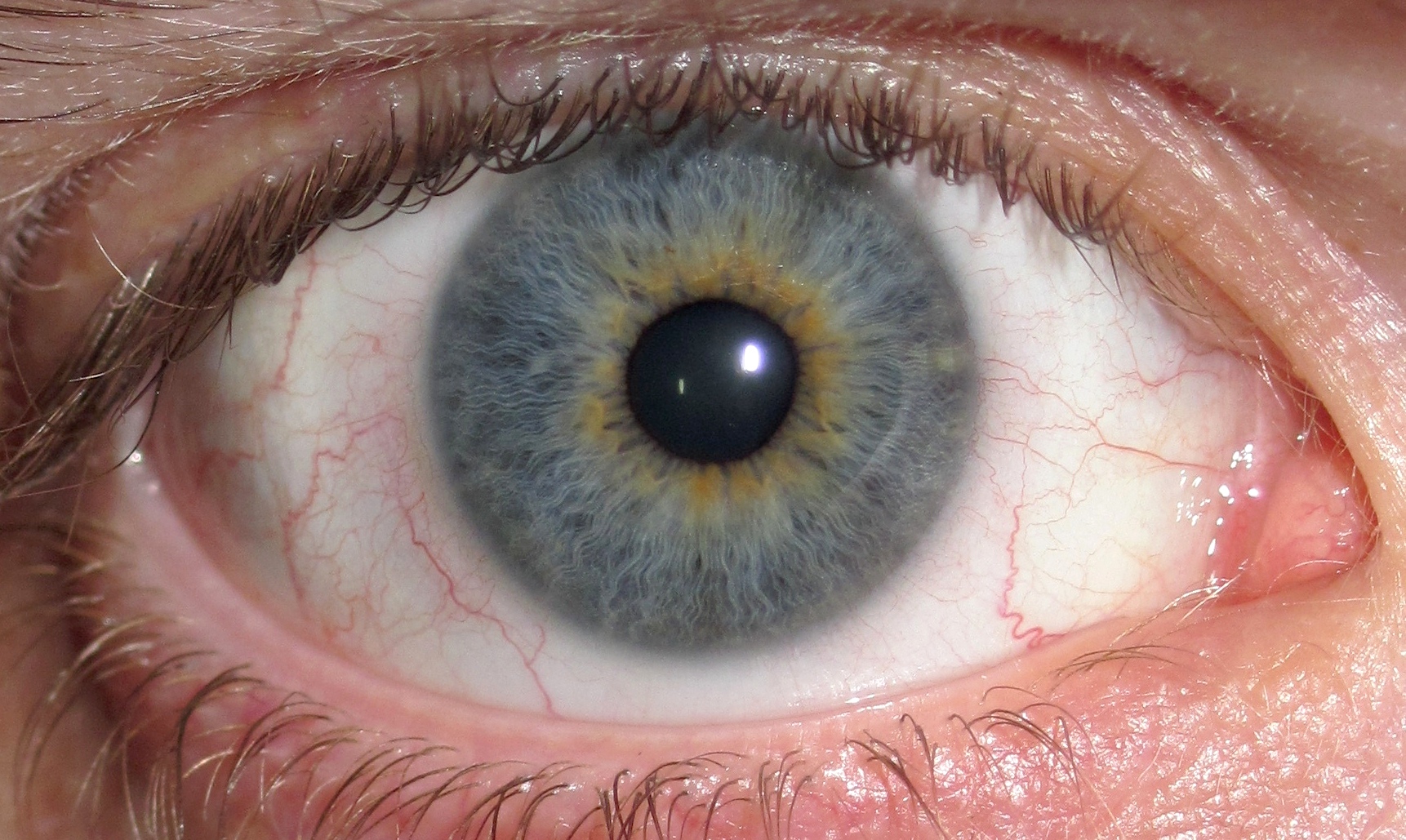
Nothing makes continuing an active lifestyle more difficult than vision loss. Unfortunately, vision loss is a common problem with age. Of all of the vision problems, macular degeneration and glaucoma seem to be most prevalent in seniors.
Scheduling regular eye exams can help catch any vision complications as they begin.
3. Always Listen To The Birds Sing
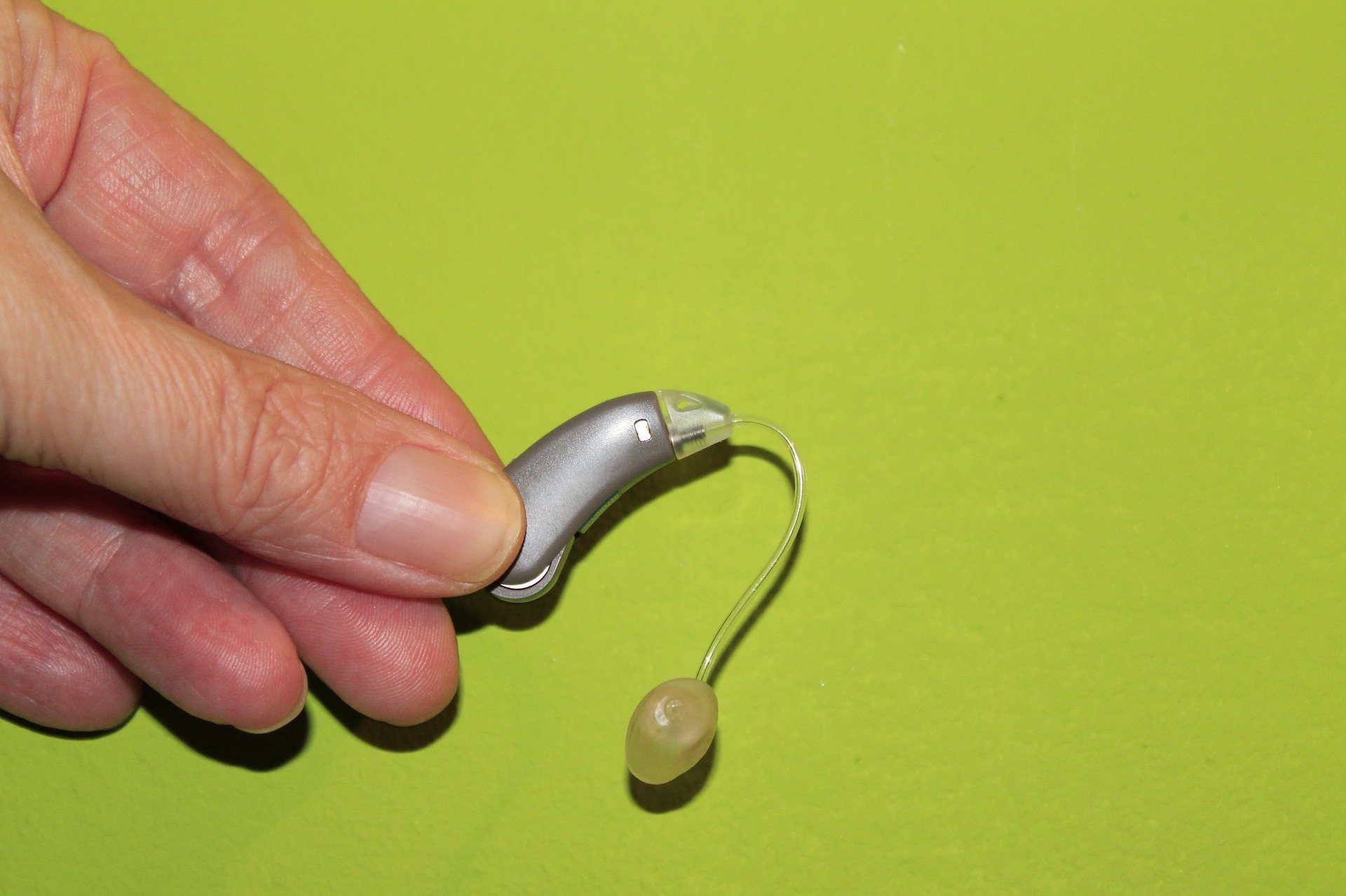
In the U.S., approximately 43 percent of people living with hearing loss issues are aged 65 or older. The two types of hearing loss which are most common are presbycusis, the decreasing ability to hear high pitched noises, and noise-induced hearing loss.
Hearing loss can severely affect your daily life and make typical activities hard to complete.
4. Forget The Worry, Not Everything Else
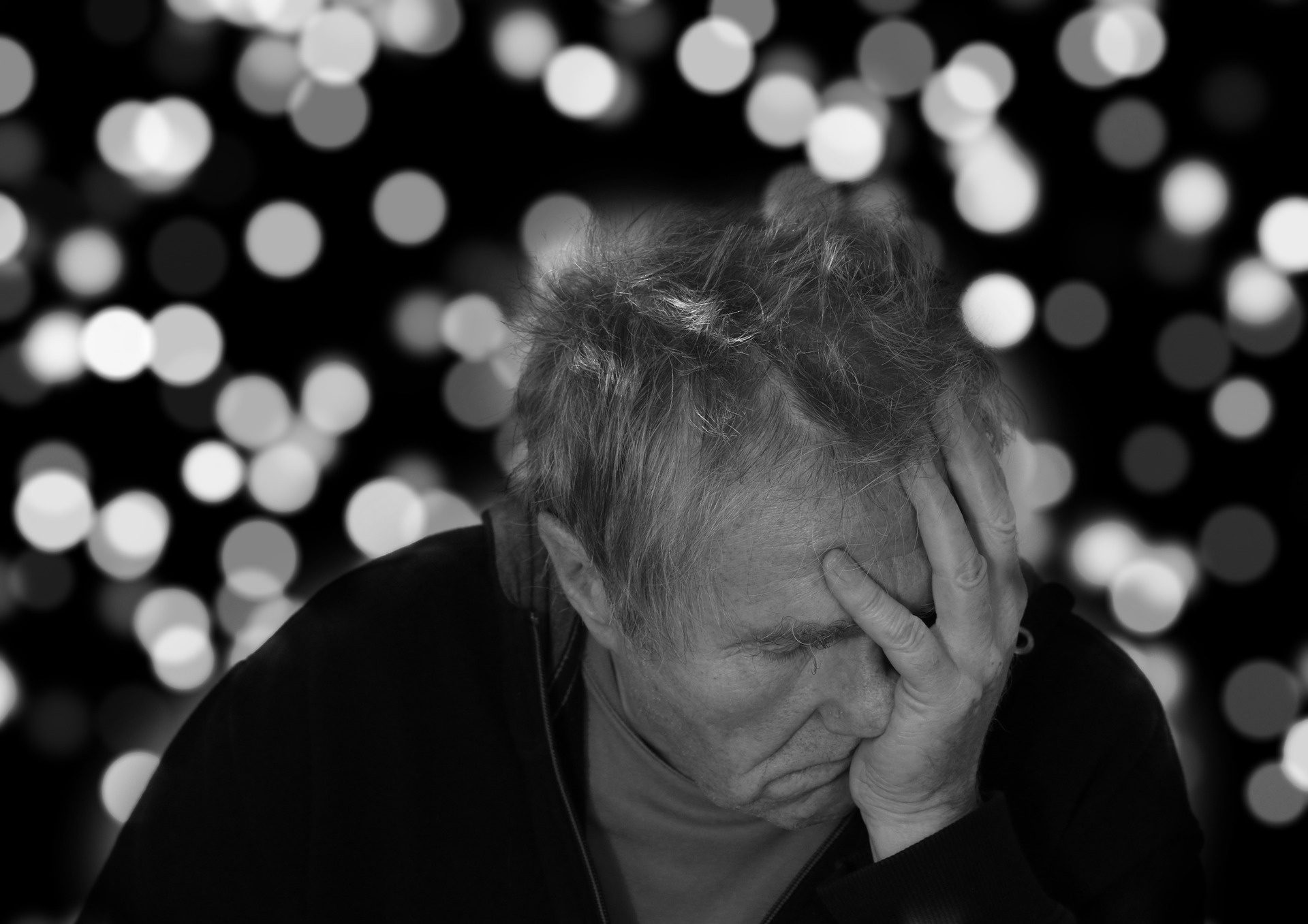
Sure, everybody gets forgetful as they get older—but cognitive impairment is a little more serious than just forgetfulness. In these cases, forgetfulness is paired with confusion, making simple tasks like paying the bills into something extremely frustrating.
The most widely known form of cognitive impairment is Alzheimer’s disease. This progressive disease is considered irreversible.
5. Sometimes You’ve Just Gotta Go

For those aged 65 and up, chronic constipation is a serious issue they face in their daily lives. According to a recent study, approximately 26 percent of senior women and 16 percent of senior men experience this uncomfortable disorder.
For women aged 50 and up, urinary incontinence is a frequent problem, too. Incontinence and constipation aren’t the only bathroom-related conditions striking the elderly, either…
6. Hold Hands With The Ones You Love
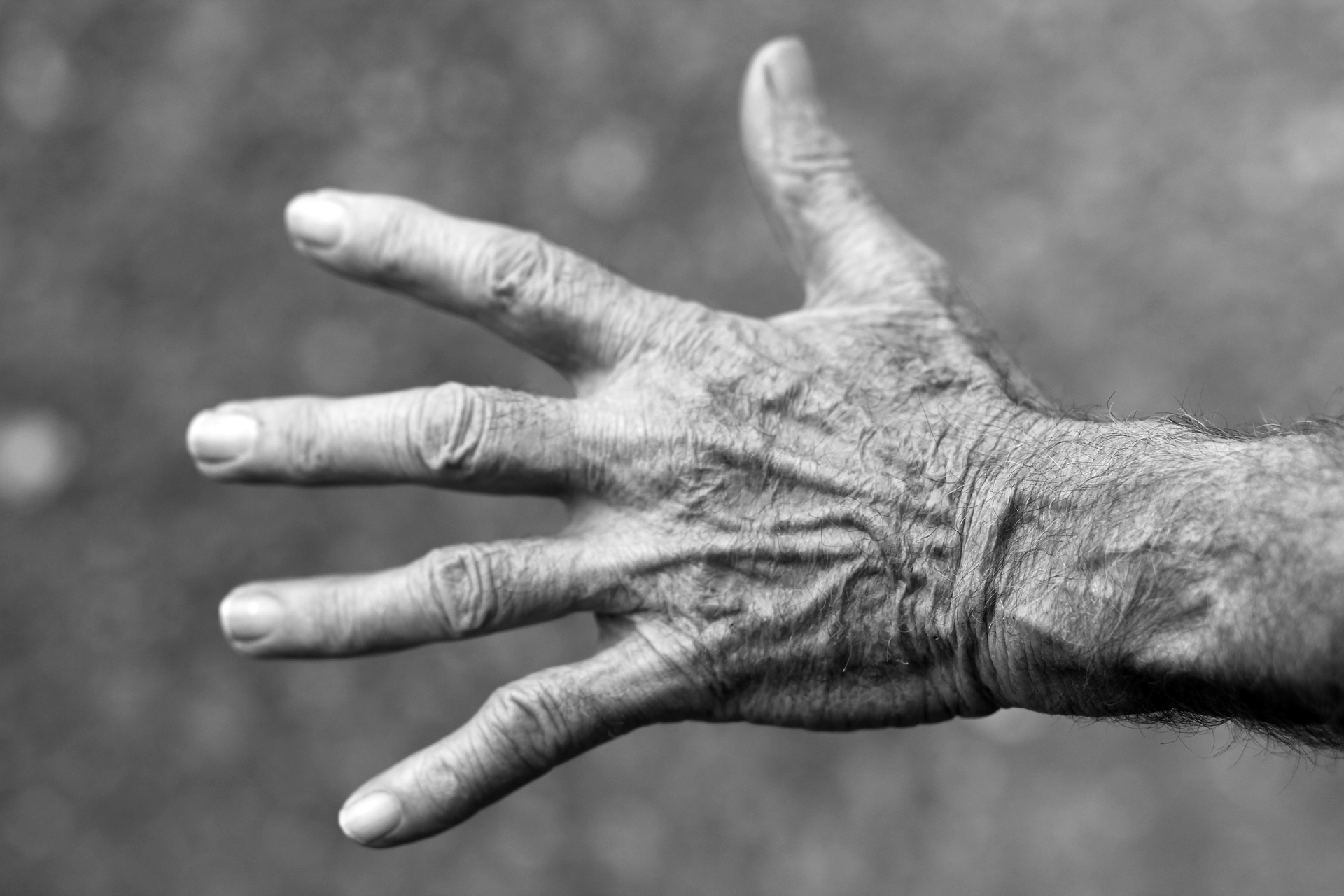
While arthritis can affect those of any age, it is most common for those aged 65 and up. In fact, arthritis plagues approximately one in every five Americans and about one-third of those are seniors. Luckily, this is one of the few common chronic problems which has a variety of treatments available.
Arthritis is just one of many disorders that can affect mobility in seniors that made this list. To find out more, keep reading.
7. Find Your Balance In Life
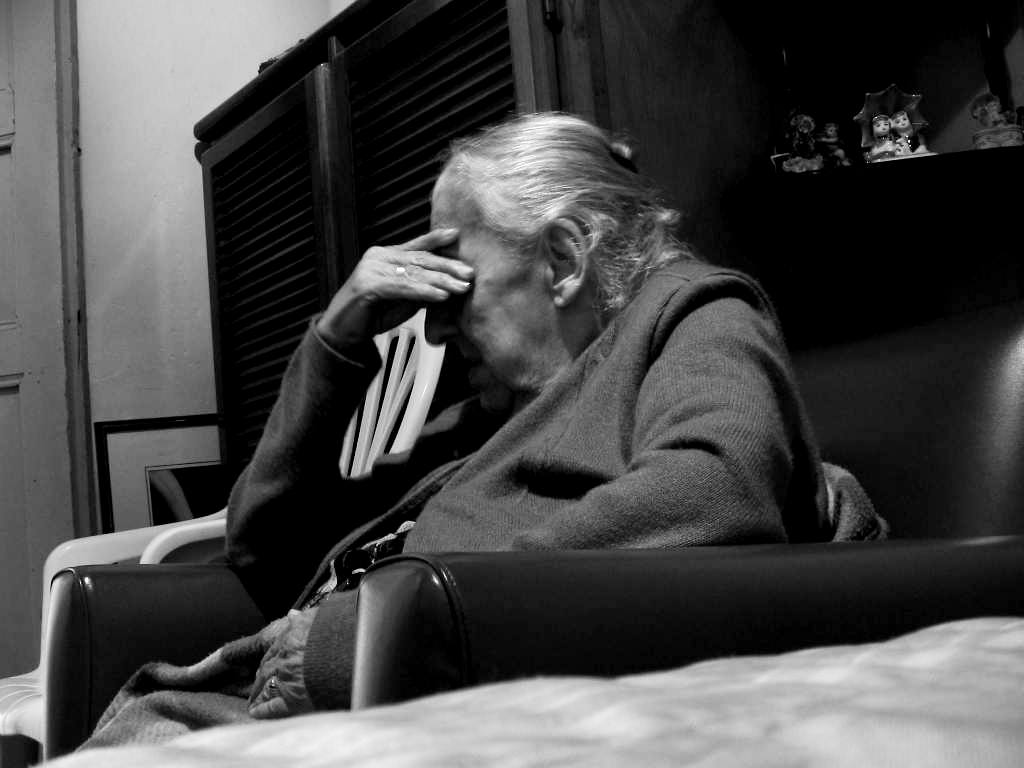
In addition to arthritis and osteoporosis making it difficult to move around in the senior years, balance can become quite an issue for those over 72. Approximately 40 percent of Americans have bouts of dizziness and loss of balance as they age.
Balance issues have been known to stem from multiple causes, including inner ear problems and reactions to medications.
8. Don’t Break Your Heart

Heart disease plagues many, many Americans of all ages but is most frequent in elders. The most commonplace forms of heart disease currently include strokes and heart attacks.
Heart disease can be deadly, but the risks can be minimized with the right lifestyle changes. Regular visits to the physician can catch any symptoms of heart disease early on.
9. You’re Just Too Sweet
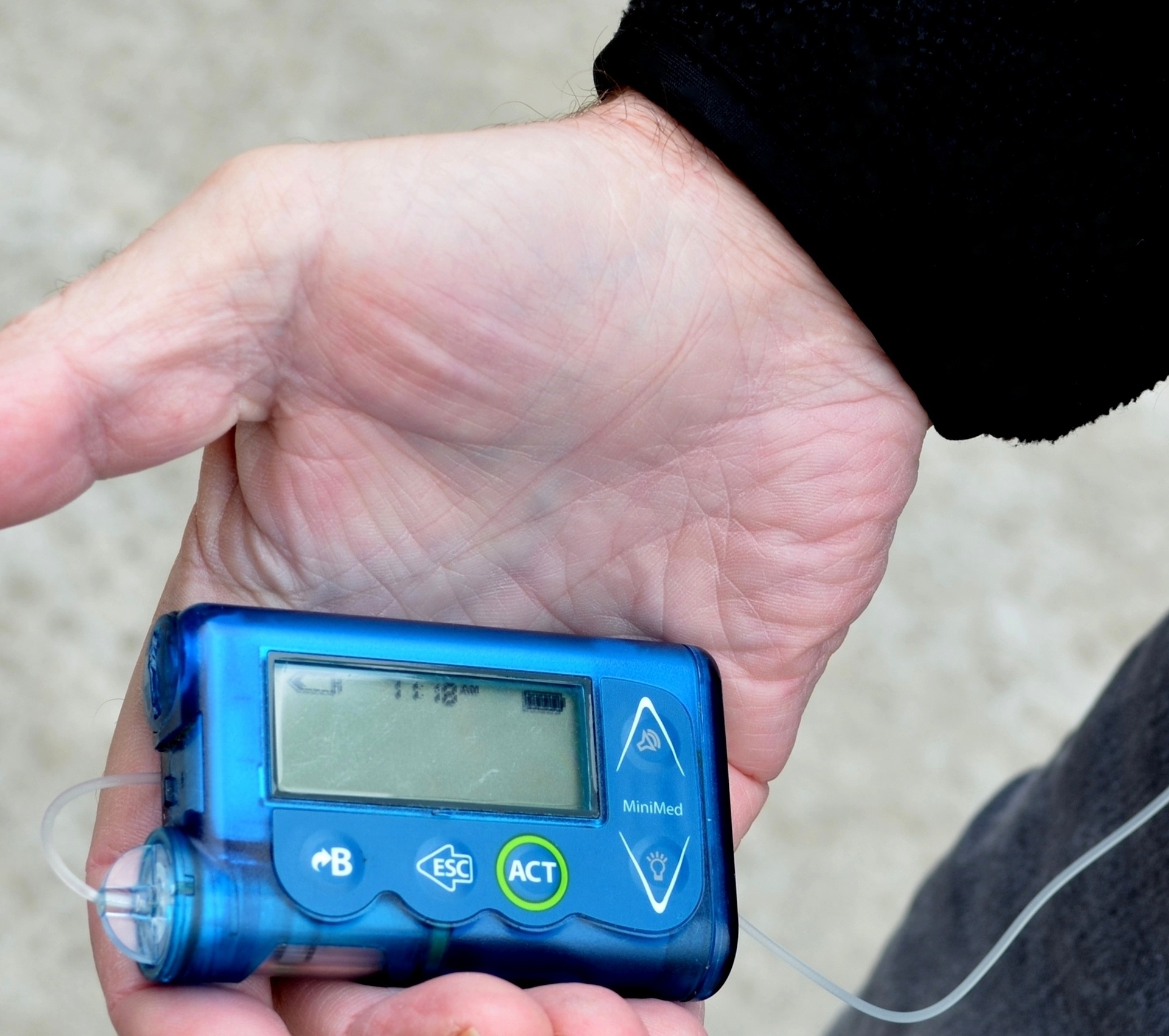
One of the most common afflictions in the U.S., diabetes is an instability in blood sugar levels and can cause serious side effects and complications. The risk of developing diabetes increases with age, making this a very likely chronic condition in seniors. In fact, over 25 percent of people over 60 have been diagnosed with this disease.
10. Immunity Fails

A major byproduct of aging is a weakened immune system. Unfortunately, this means common illnesses such as the flu and pneumonia can wreak havoc on the body quite easily. For seniors, these simple contagions can become quite serious very quickly if not treated immediately.
Recent studies estimate that over 85% of flu-related deaths occur in seniors aged 65 and up.
11. Rough Days
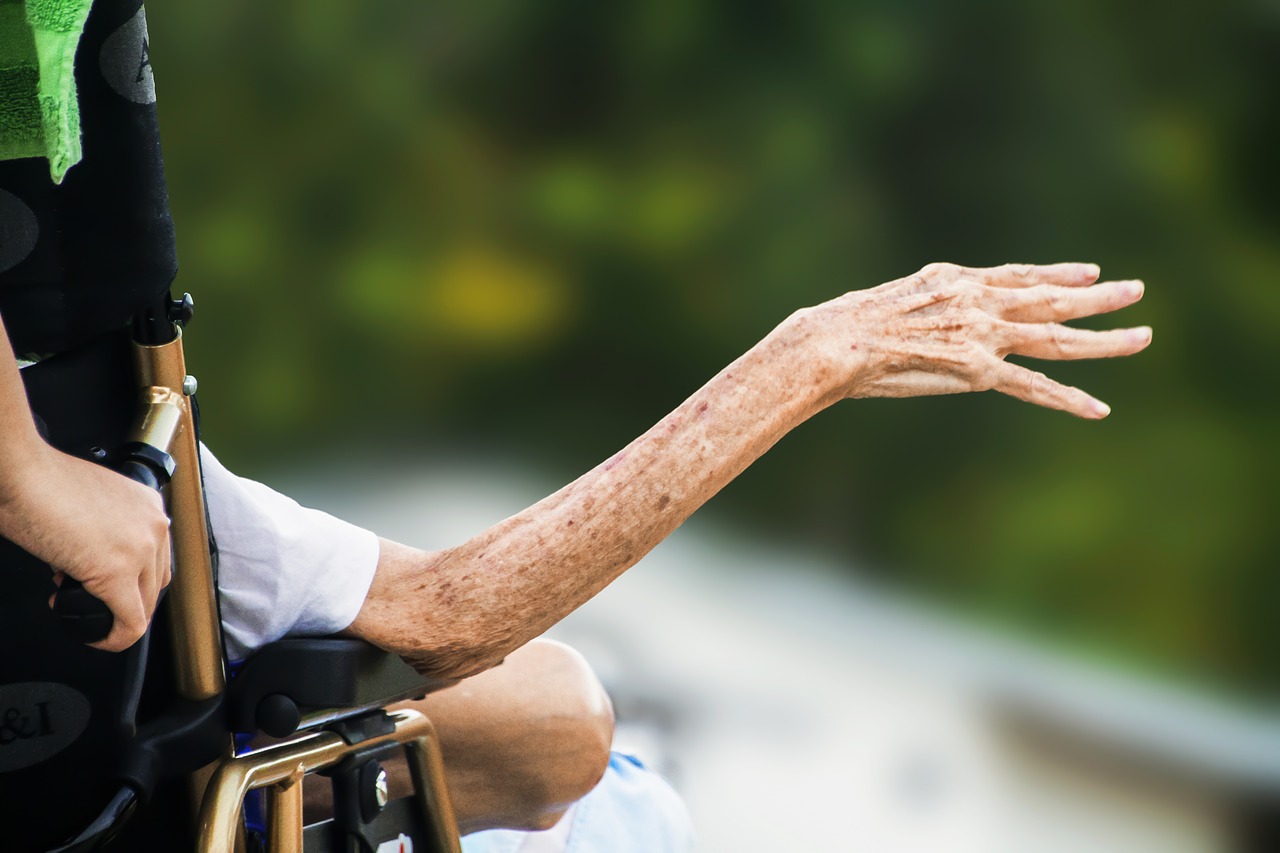
Parkinson’s disease can be detrimental to an active lifestyle. A debilitating and progressive neurological disorder, it presents with tremors, stiffness, slowness of movement, loss of balance, anxiety, depression, and more. Unfortunately, the disease is not curable, but it can be managed with treatments.
Parkinson’s isn’t the only neurological disorder common in seniors…
12. Keep Your Hands To Yourself
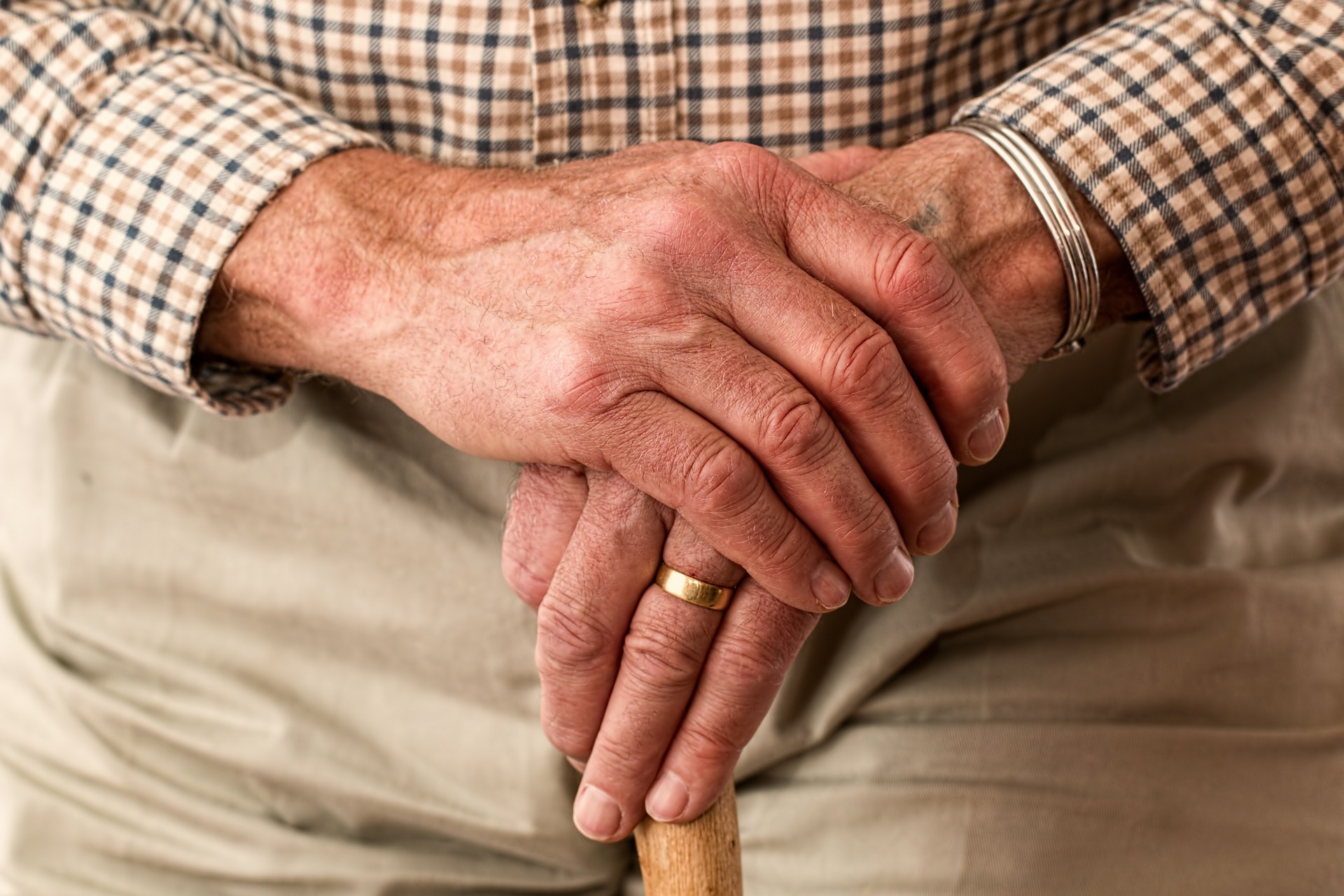
Neuropathy is another neurological disorder common in elders. The condition presents with numbness or a pins and needles sensation in the fingers and or toes and can spread into the feet and hands. Often worse in the evenings and nights, neuropathy can be known to cause throbbing, freezing, or shooting pain sensations.
13. Stop At The Restroom
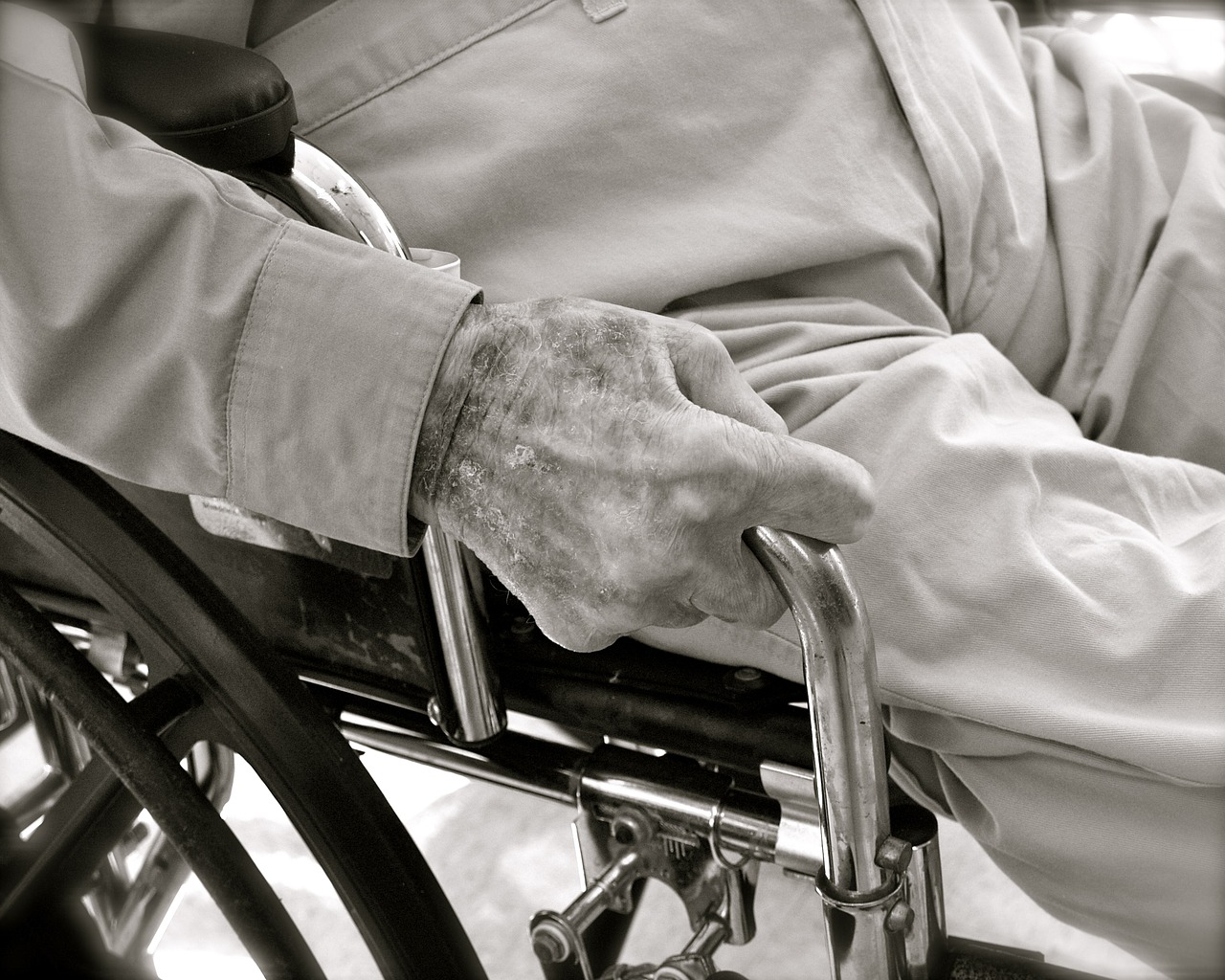
Mostly affecting senior males aged 60 and up, enlarged prostates can cause the urinary stream to be weak, or stop and start. When left untreated, an enlarged prostate can lead to infection, bladder stones, and reduced kidney function. There are more than three million cases reported each year across the U.S.
14. Don’t Let Life Get You Down
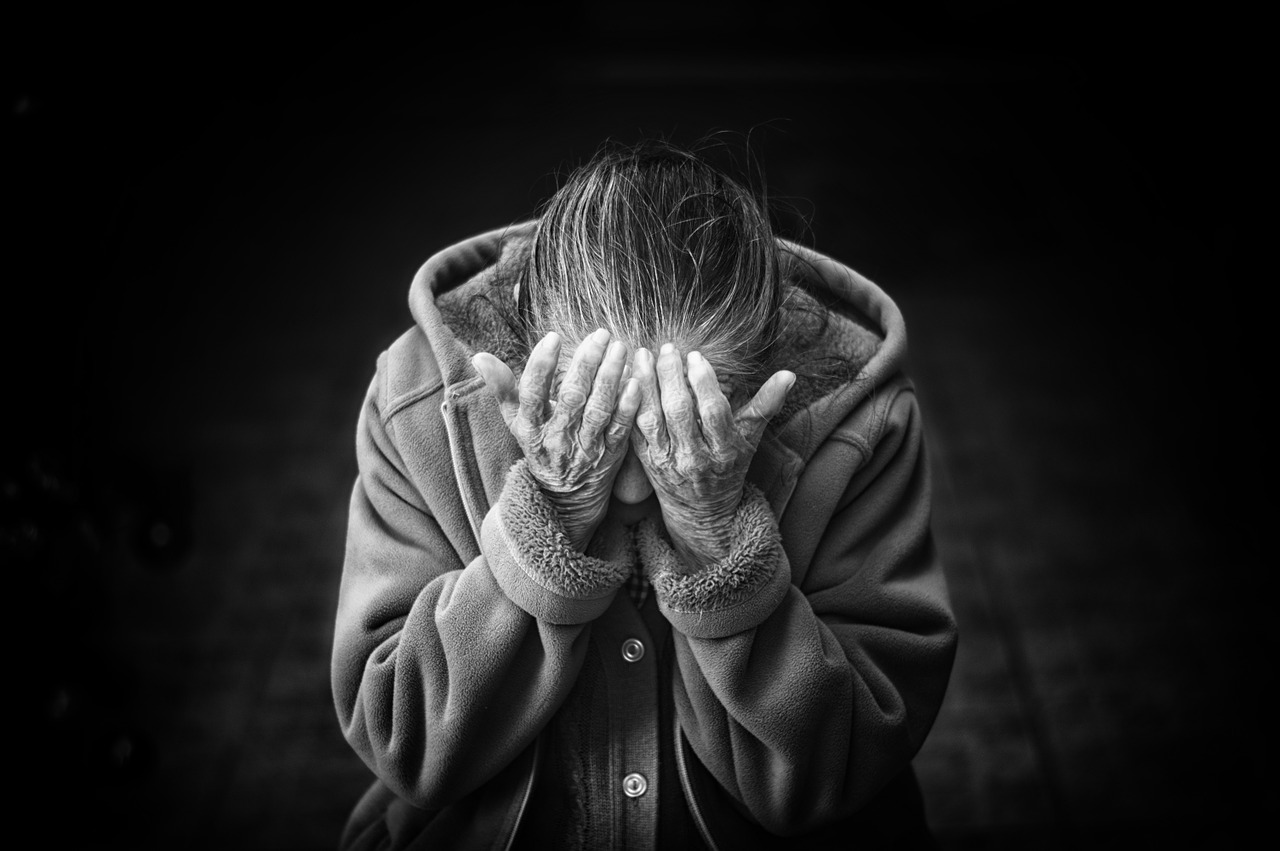
Depression is exceptionally common in seniors, especially those facing other chronic, life-altering conditions. Unfortunately, although depression affects over 6 million Americans over the age of 65, only about 10% actually seek treatment for the illness. In many cases, the symptoms of depression can be misinterpreted as side effects of other illnesses or medications.
15. Don’t Sleep Life Away
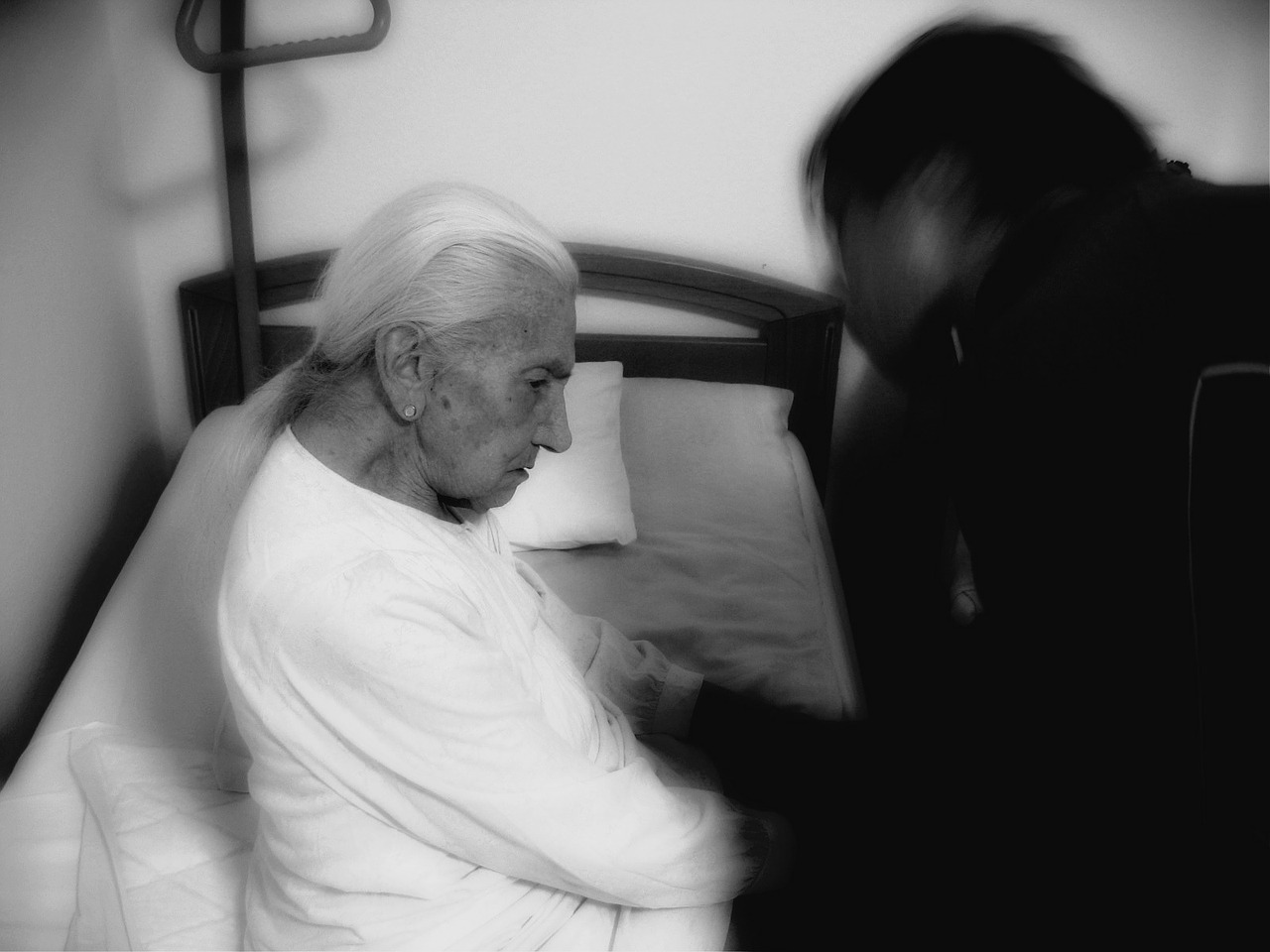
Chronic Fatigue Syndrome can tear apart your active lifestyle in a matter of moments. It causes feelings of achiness and exhaustion and creates the impression that you could sleep for hours on end. While the syndrome can strike any age group, it is most common in those aged 40 and above.


